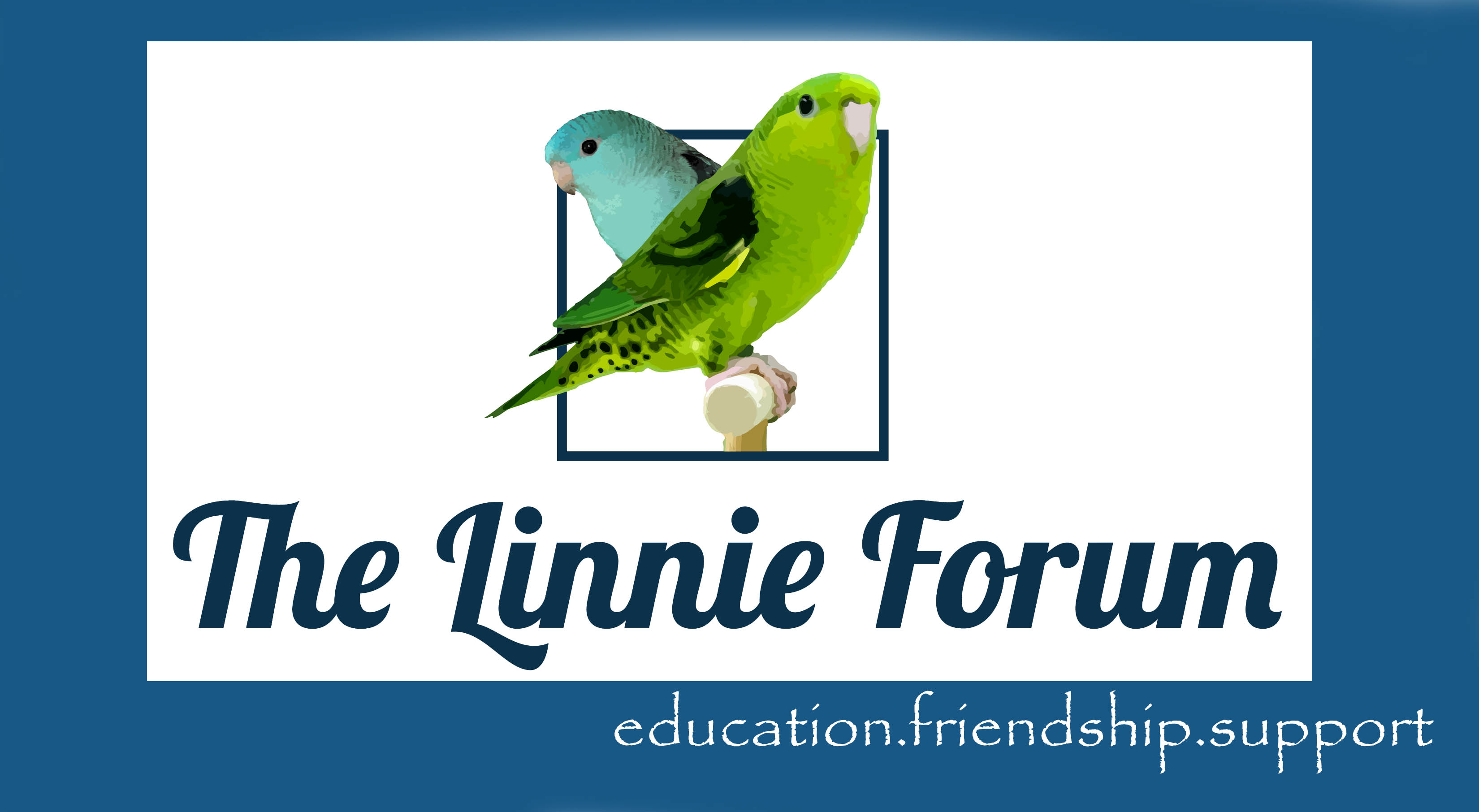I am looking for guidance on for how to care for newly hatched Linnie’s. I will be setting up the parents this spring. The pair I have have only been used for breeding. They are about 3 yrs old. We have had them several months and have been working on building a relationship with them but they are still very scared. They run from their food bowls when we come near and huddle in the top corner when I clean their cage. Although they are much better than they were in the beginning I know they will not want me checking their nest box or intervening with the babies. I have read that they may harm the babies if anxious. So what should my approach be to make sure the babies are ok? What care do I need to give them? I did want to hand feed and spend time to get sweet tame babies.
When I bought these guys I was told they were great parents but I want to be involved.
When I bought these guys I was told they were great parents but I want to be involved.
